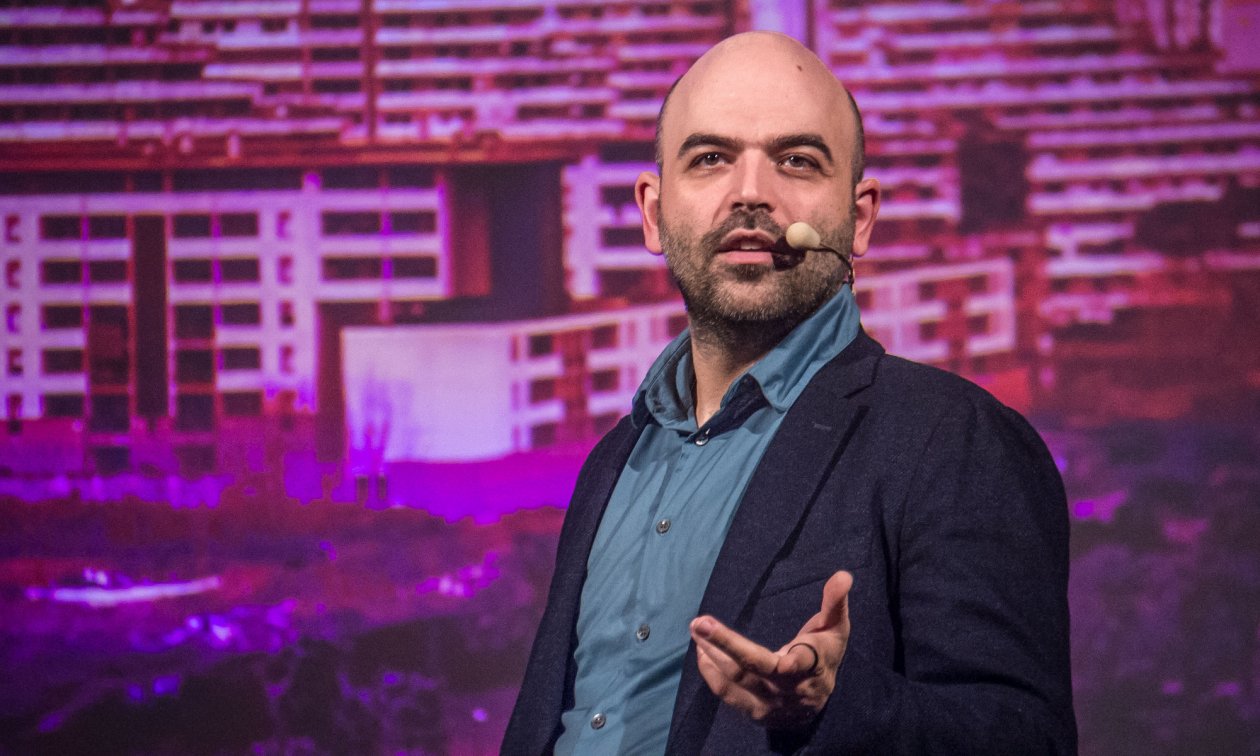Political and economic interest groups as well as organised crime structures have a sustained influence on Italy’s media landscape, which is marked by media concentration.

Political and economic interest groups as well as organised crime structures have a sustained influence on Italy’s media landscape, which is marked by media concentration.
